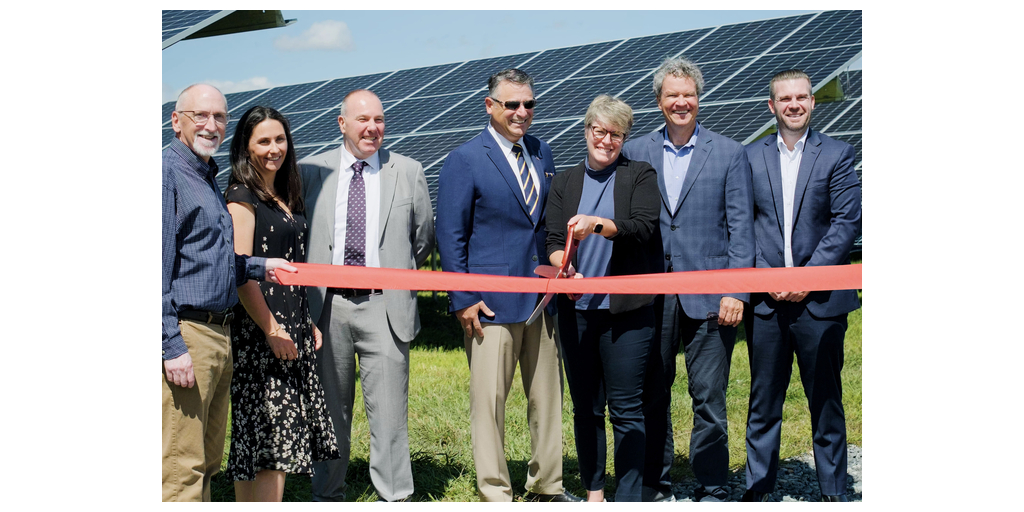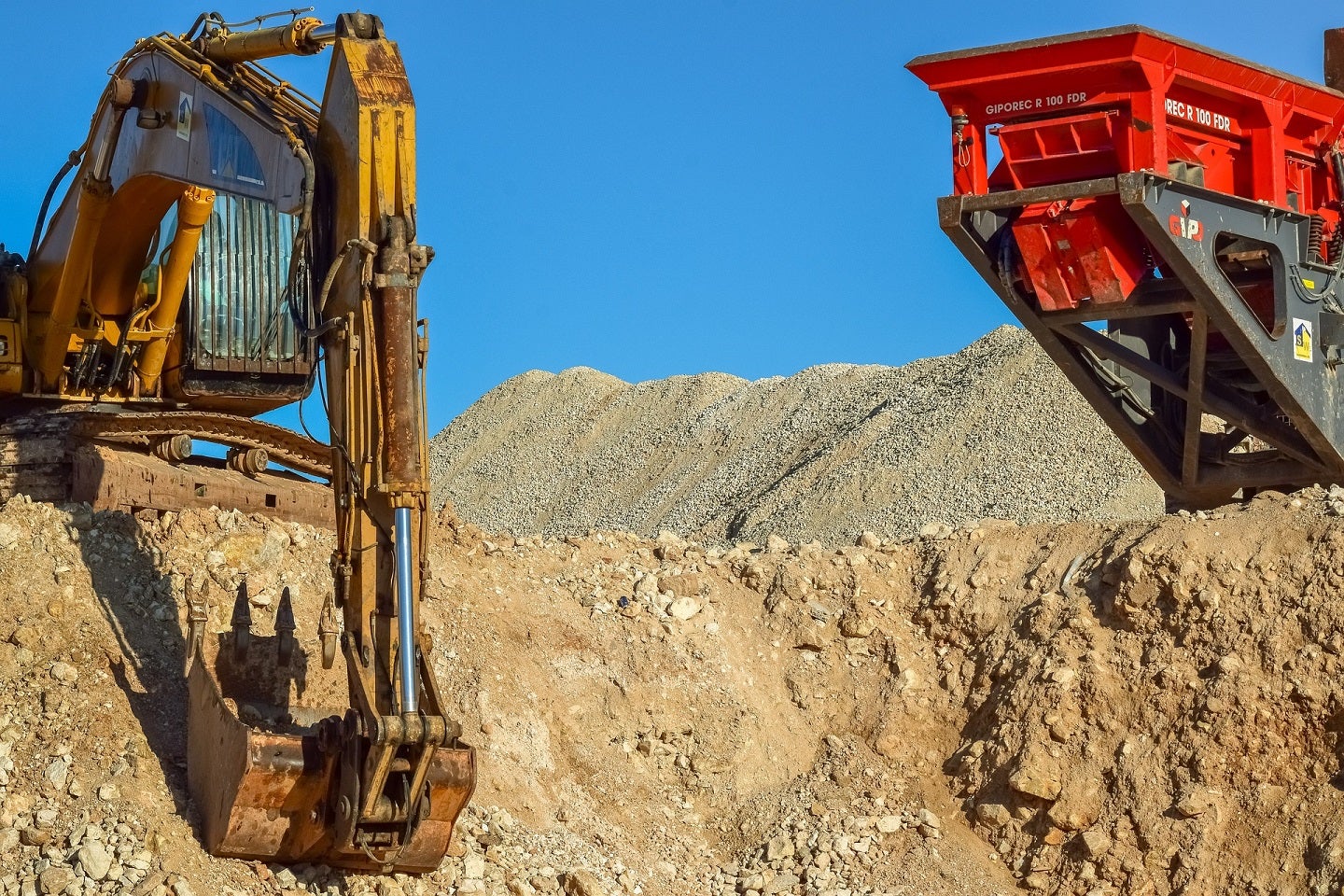by Deidra Garyk
The argument often goes that strong climate change policies will create a favourable investment environment. One policy that is heralded as being a cost-effective tool to reduce greenhouse gas emissions by influencing consumption is a carbon tax.
The belief in carbon taxes is so steadfast that if you do not support one you are labeled a “climate denier”. This accusation is simply not true.
Carbon taxes in Canada have not proven to be as effective as advertised. They have not been effective at reducing demand because too often people do not have an acceptable alternative.
Canada has not been successful at meaningfully reducing emissions and is not close to meeting targets. The feds’ pièce de resistance is a targeted reduction in GHG emissions by at least 40 percent below 2005 levels by 2030. The Canadian Climate Institute reports that Canada’s emissions are 6.4 percent below 2005 levels, and this publication is no shill for “Big Oil”. Reducing emissions is difficult.
Carbon taxes affect affordability and have a devastating impact on the most vulnerable. The phrase “heat or eat poverty” is particularly poignant.
If you want to heat your home with natural gas, there’s a tax for that! At the current price of $65 per tonne, the carbon tax is $3.327 per GJ. In Alberta today, homeowners can purchase natural gas at a fixed rate of around $4.89 per GJ.
For historical natural gas prices, see the Government of Alberta’s price archive from 1988 to current.
Carbon taxes in Canada have been marketed as “revenue neutral”. The federal government goes one step further, often repeating that most Canadians get back more than they spend on carbon taxes. This week, the Liberals paused the 17 cents per litre carbon tax on home heating oil for three years. Is this not an admission that the tax negatively impacts affordability?
Prime Minister Trudeau stood up in Parliament and rationalized the carve-out. Saying it is needed because “it [home heating oil] is dirtier, more emitting than natural gas” and is often used by low-income earners. If the purpose of the tax is to influence consumption by discouraging use of a product (e.g. higher GHG hydrocarbons), it would be reasonable to assume the tax should remain on the product whose use is being discouraged (e.g. home heating oil) in hopes that consumers choose a preferred alternative product (e.g. lower GHG natural gas). The exemption is counterintuitive.
In the same Parliamentary word battle, the Prime Minister proudly announced they are doubling the government rebate for rural regions. Last week, the Bank of Canada Governor told the House of Commons finance committee that removing the federal carbon tax could reduce inflation by as much as 15 percent. Again, is this not an admission that the carbon tax is affecting affordability?
The federal Conservatives have forced a vote in the House to extend the carbon tax relief to home heating on all households, not only the three percent of Canadian homes that use heating oil. The NDP, in an uncommon alliance, has agreed to support the motion.
Consumer preferences are shifting. But we must be honest about the gap in reality between what consumers say they want and what they are willing to sacrifice to achieve their wants. Deloitte conducted research that identified that higher income earners are more likely to purchase higher cost sustainable products as a way to combat climate change. About twice as many (25 percent) high income earners purchase renewable energy to power their homes compared to lower income earners, even though both camps believe climate is an emergency that must be addressed.
Their research is indicative – taking steps to address climate change requires a certain level of prosperity. When worrying about how to attain basic necessities to survive, climate action becomes a low priority. Hence why climate change gets so much attention in the developed world – most of us have the necessities readily at hand. Although, no one wants to become poorer.
Tax burdens harm Canada’s competitiveness and impact the economy. Poor government policies (pre-Trudeau and current) are having a negative impact on economic growth.
Canada is no longer the hub for productivity and innovation that it used to be, both of which are critical to economic vibrancy. When was the last time you bought an everyday item that was “made in Canada”? If you did, were you enticed to buy it because it was competitively priced?
The federal government plans to boost the economy by “investing” in the green transition. If access to affordable, reliable energy is limited, growth will only stall further, and the decline will be steeper. Canadians will feel the effects.
The federal carbon tax did not replace other taxes. Carbon taxes on top of existing taxes create an additional burden.
Consider the carbon pricing impacts on gasoline. At the current carbon tax rate of $65 per tonne, the tax on gasoline is 14.3 cents per litre. Add that to provincial or regional fuel taxes, and the total tax on gasoline is anywhere from 30.9 cents per litre in Alberta to 77.6 cents per litre in Vancouver. By April 2030, the federal carbon tax will be 37 cents per litre.
The Canadian Taxpayers Federation 2023 Annual Gas Tax Honesty Report provides a lot of useful fuel tax data.
On top of the carbon tax, consumers have to add on the cost of the poorly understood clean fuel standard, which requires the reduction of the carbon intensity of transportation fuels. The federal Environment and Climate Change Canada ministry expects the clean fuel standard to increase the price of gasoline an additional 17 cents per litre by 2030. That is 54 cents per litre in carbon taxes alone.
Wanting to eliminate the carbon tax does not make you a climate denier. It makes you a regular Canadian trying to make ends meet.
Deidra Garyk has been working in the Canadian energy industry for almost 20 years. She is currently the Manager, ESG & Sustainability at an oilfield service company. Prior to that, she worked in roles of varying seniority at exploration and production companies in joint venture contracts where she was responsible for working collaboratively with stakeholders to negotiate access to pipelines, compressors, plants, and batteries.
Outside of her professional commitments, Deidra is an energy advocate and thought leader who researches, writes, and speaks about energy policy and advocacy to promote balanced, honest, fact-based conversations.
Share This:
Next Article




